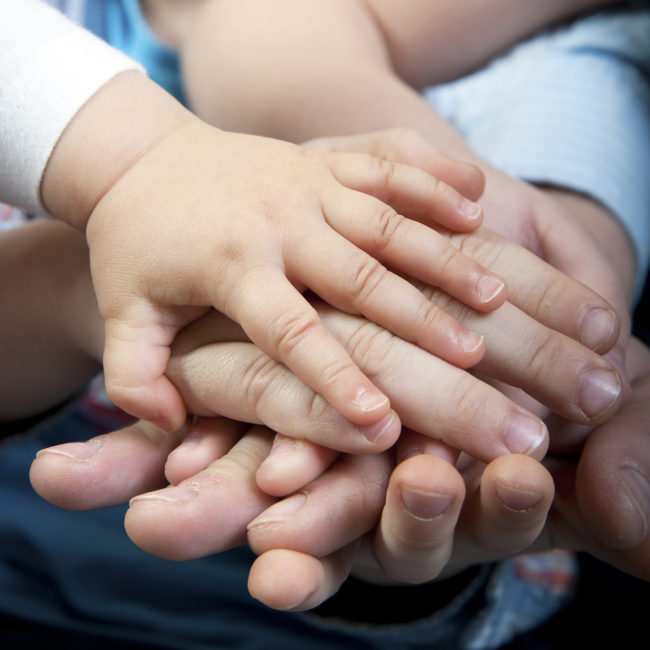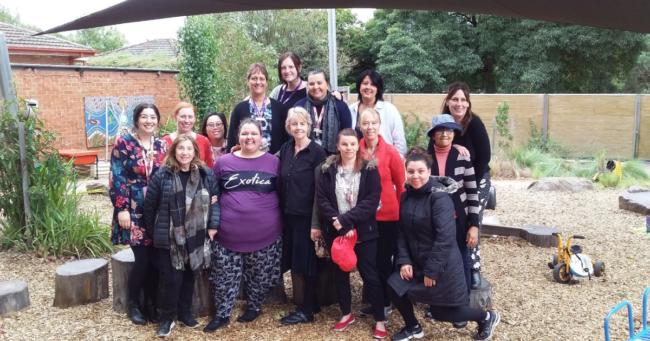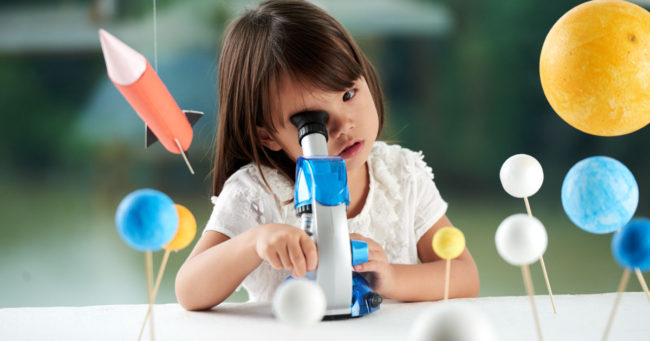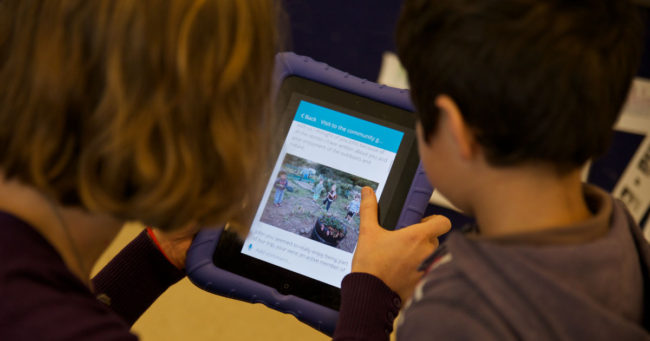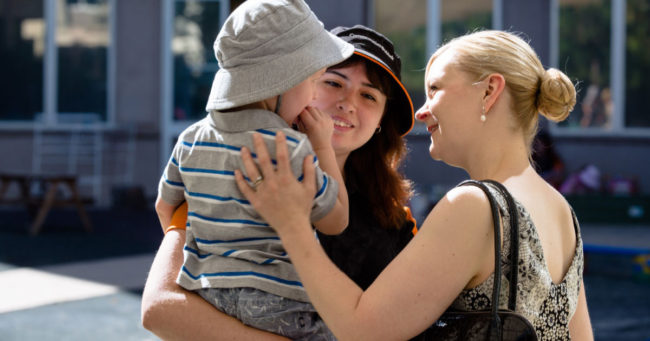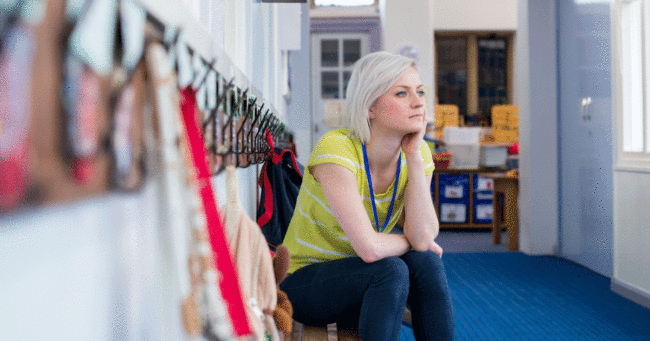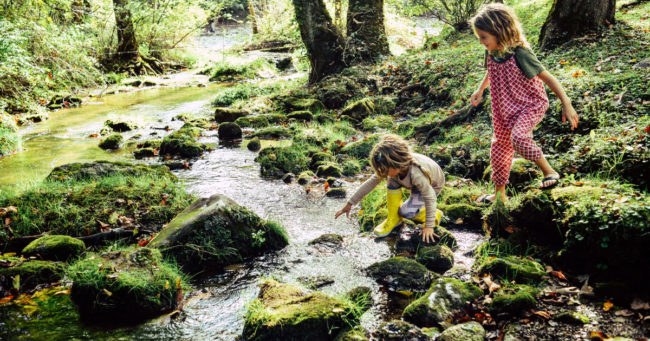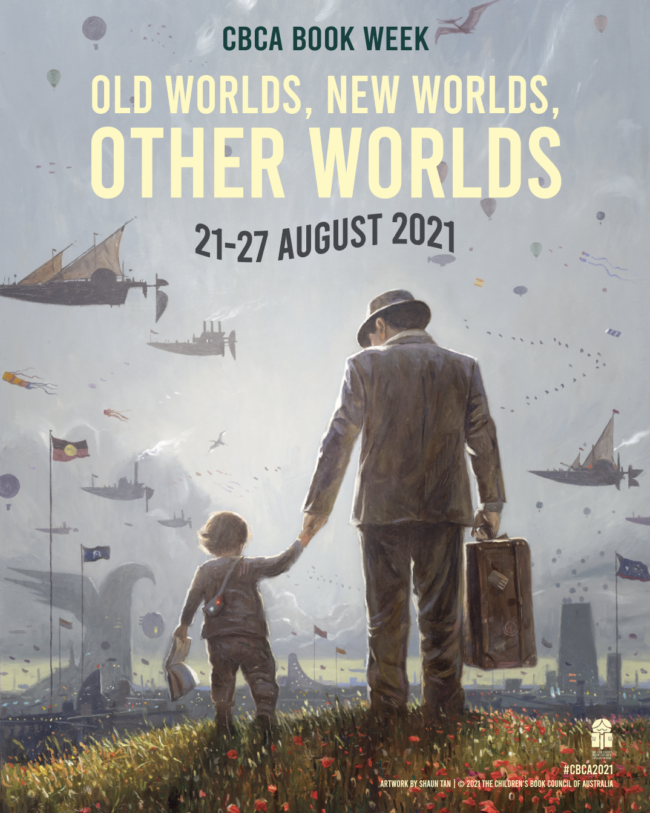Consent, body safety and the rights of the child
Many hands over each other as a symbol of cohesion In the past, the word consent has not been commonly associated with young children or the early childhood education sector more broadly. Dictionary definitions of consent emphasise giving permission for something to happen—in other words empowering children to understand their own rights in regard to…
